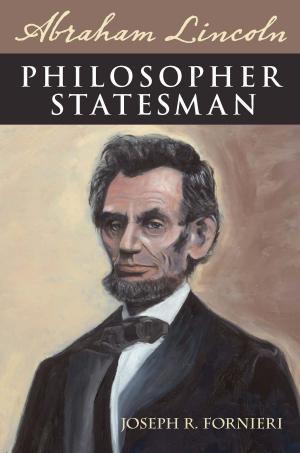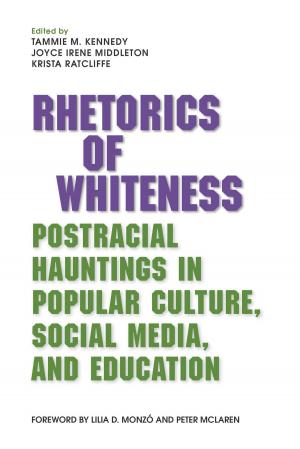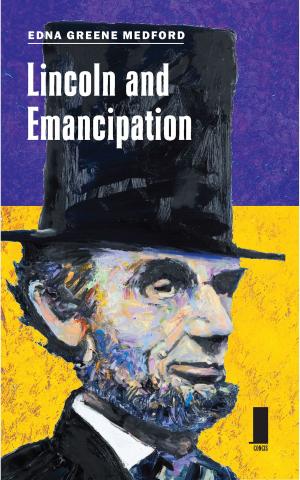Turning Points of the American Civil War
Nonfiction, History, Americas, United States, Civil War Period (1850-1877), 19th Century| Author: | Daniel T. Davis, Stephen Davis, Ryan Longfellow, Gregory A. Mertz, James A. Morgan, Robert Orrison, Kevin Pawlak, Rea Redd | ISBN: | 9780809336227 |
| Publisher: | Southern Illinois University Press | Publication: | December 18, 2017 |
| Imprint: | Southern Illinois University Press | Language: | English |
| Author: | Daniel T. Davis, Stephen Davis, Ryan Longfellow, Gregory A. Mertz, James A. Morgan, Robert Orrison, Kevin Pawlak, Rea Redd |
| ISBN: | 9780809336227 |
| Publisher: | Southern Illinois University Press |
| Publication: | December 18, 2017 |
| Imprint: | Southern Illinois University Press |
| Language: | English |
Contributors to this collection, public historians with experience at Civil War battle sites, examine key shifts in the Civil War and the context surrounding them to show that many chains of events caused the course of the war to change: the Federal defeats at First Bull Run and Ball’s Bluff, the wounding of Joseph Johnston at Seven Pines and the Confederate victory at Chancellorsville, the issuance of the Emancipation Proclamation, the Federal victory at Vicksburg, Grant’s decision to move on to Richmond rather than retreat from the Wilderness, the naming of John B. Hood as commander of the Army of Tennessee, and the 1864 presidential election. In their conclusion, the editors suggest that the assassination of Abraham Lincoln might have been the war’s final turning point.
Contributors to this collection, public historians with experience at Civil War battle sites, examine key shifts in the Civil War and the context surrounding them to show that many chains of events caused the course of the war to change: the Federal defeats at First Bull Run and Ball’s Bluff, the wounding of Joseph Johnston at Seven Pines and the Confederate victory at Chancellorsville, the issuance of the Emancipation Proclamation, the Federal victory at Vicksburg, Grant’s decision to move on to Richmond rather than retreat from the Wilderness, the naming of John B. Hood as commander of the Army of Tennessee, and the 1864 presidential election. In their conclusion, the editors suggest that the assassination of Abraham Lincoln might have been the war’s final turning point.















